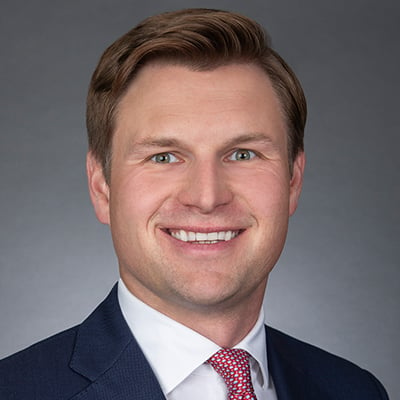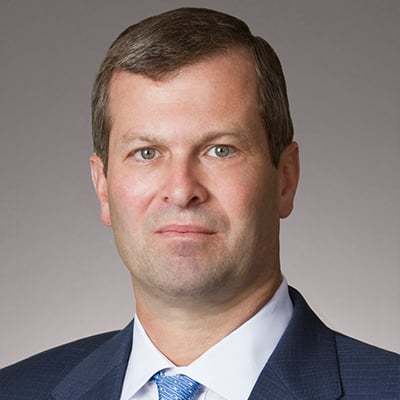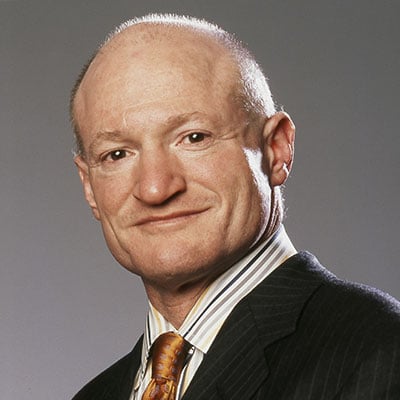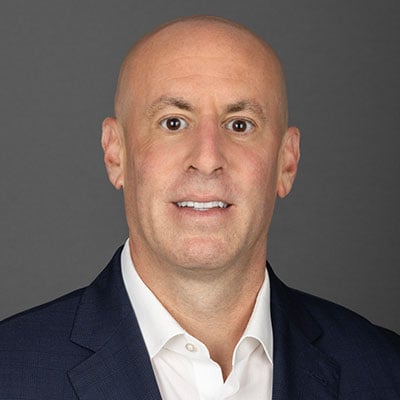Harbinger Fails In Attack On $1.7B LightSquared Guaranty
The New York bankruptcy judge handling LightSquared Inc.’s knotty Chapter 11 case held Thursday that Harbinger Capital Partners LLC, the debtor’s top equity holder, cannot eliminate a guaranty on $1.7 billion in debt owed to a group of secured lenders.
Ruling from the bench, U.S. Bankruptcy Judge Shelley C. Chapman denied Harbinger’s request to expunge or zero-out a guaranty claim that an ad hoc group of lenders to the debtor’s LightSquared LP unit have asserted against the LightSquared Inc. parent company.
The decision marks a setback to Harbinger’s plan for getting LightSquared out of bankruptcy on its terms, which depended on extinguishing the guaranty claim. The plan would hand the LP lenders the equity in the LP unit, but Judge Chapman ruled that Harbinger’s “speculation” that the equity payout would satisfy those lenders in full was no reason to throw out the guaranty claim.
In 2013, after LightSquared entered Chapter 11, the LP lenders brought a $1.7 billion claim against the debtor, saying that it had guaranteed their debt in the LP unit under a credit agreement.
“Prior to actual satisfaction of the LP lenders’ claims, the guaranty claim survives unscathed,” Judge Chapman said from the bench. “There is simply no basis for finding that ... the proposed treatment of secured lenders in a plan of reorganization that has yet to be confirmed is sufficient to constitute payment in full and discharge the secured lenders’ guaranty claims against other obligors.”
Granting Harbinger’s request, the judge said, would let it “leapfrog” over the LP lenders and pay out its equity interests before the claims of creditors with collateral rights are satisfied.
Harbinger, the hedge fund controlled by Philip Falcone, has long insisted that the LP equity will be worth billions once the federal government approves LightSquared’s nationwide wireless network, enough to satisfy secured lenders in full.
But the fact that the lenders might be oversecured by their equity collateral does not preclude them from demanding that the so-called Inc. entities pay them off in cash, the judge ruled.
Harbinger proposed the plan in an attempt to split up the Inc. and LP estates and preserve its equity stake in the parent entity.
The LP lenders — hedge funds holding secured bank debt — are advancing a rival reorganization plan that would keep the Inc. estates unified with the LP unit, which houses most of LightSquared’s valuable spectrum assets. Judge Chapman is scheduled to consider that plan next month.
Stakeholders have failed to reach consensus around a plan in four months of mediation before U.S. Bankruptcy Judge Robert Drain. Opposing the LP lenders’ plan are Harbinger, Mast Capital Management LLC and JPMorgan Chase & Co., the biggest stakeholders in the Inc. entities.
The LP lenders briefly flirted with the idea of crafting an LP-only plan to rival Harbinger’s, but dropped that idea after concluding that the LP unit could not tap the financing needed to carry on as a standalone business. The special committee appointed to run LightSquared has not taken a position on either of the competing plans and has expressed concern that a transaction that keeps the estates combined is possible.
Meanwhile, LightSquared has been losing tens of millions of dollars every month on interest payments as its spectrum sits idle. The bankruptcy has been marked by unexpected twists and turns and intensely acrimonious confrontations between Harbinger and Dish Network Corp. chairman Charlie Ergen, who holds another $1 billion in debt in the LP unit.
LightSquared collapsed into Chapter 11 in 2012 after the Federal Communications Commission refused to approve the network launch over concerns it would interfere with global positioning systems. Judge Chapman found last year that Ergen's claim could be partially wiped out due to his stealthy acquisition of the debt, which LightSquared claims was done to give Dish the leverage to pick up its spectrum assets out of bankruptcy.
In May, Judge Chapman refused to confirm a Chapter 11 plan due to its uncertainty surrounding crucial regulatory approvals and its treatment of Ergen's claim.
LightSquared is represented by Matthew S. Barr, Alan J. Stone, Michael L. Hirschfeld and Andrew M. Leblanc of Milbank Tweed Hadley & McCloy LLP and Eugene F. Assaf, Patrick F. Philbin and K. Winn Allen of Kirkland & Ellis LLP.
The LightSquared special committee is represented by James H.M. Sprayregen, Paul M. Basta and Joshua A. Sussberg of Kirkland & Ellis.
The LP lenders are represented by Glenn M. Kurtz, Thomas E. Lauria, Andrew C. Ambruoso and Matthew C. Brown of White & Case LLP.
Harbinger is represented by David M. Friedman, Adam L. Shiff, Daniel A. Fliman and Matthew B. Stein of Kasowitz Benson Torres & Friedman LLP.
Mast is represented by Michael S. Stamer, Philip C. Dublin and Meredith A. Lahaie of Akin Gump Strauss Hauer & Feld LLP.
The case is In re: LightSquared Inc., case number 1:12-bk-12080, in the U.S. Bankruptcy Court for the Southern District of New York.
REPRINTED WITH PERMISSION FROM THE OCTOBER 30, 2014 EDITION OF LAW360 © 2014 PORTFOLIO MEDIA INC. ALL RIGHTS RESERVED. FURTHER DUPLICATION WITHOUT PERMISSION IS PROHIBITED





